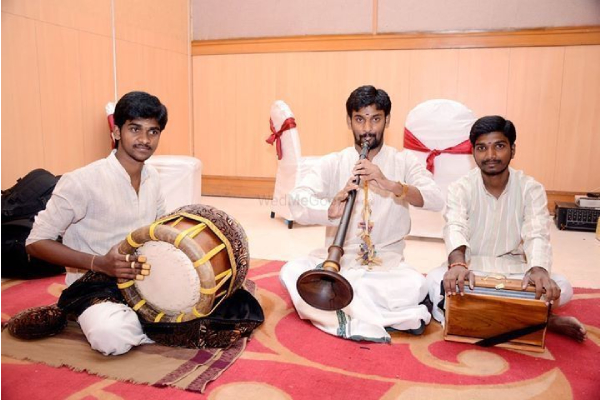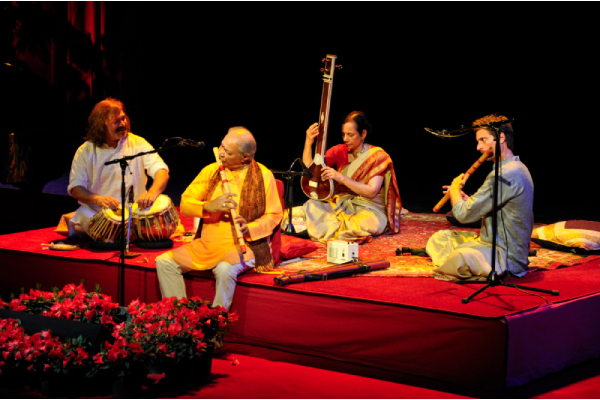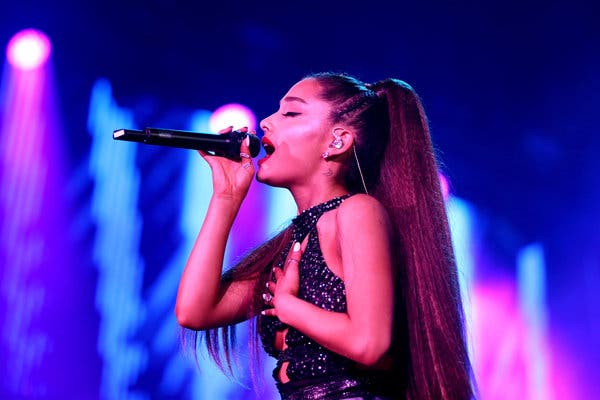Before anything else,
Tamil Nadu is the southern Indian state with the longest musical tradition. Music is an important part of Tamil culture, and it can be heard at a variety of religious ceremonies, including weddings and temple festivals.
A little backstory: The first mention of musical instruments was in Kautilya’s “The Book Of Kalaksanceti,” which was written around 300 BC. This book mentions drums as symbols of victory during war triumphs and other celebrations.
Antiquity’s Music
Tamil music has been around for centuries. The oldest Tamil literature, the Sangam texts and epics, mention singing poems to songs in honour of gods or heroes. Later works, such as Cilappatikaram, include references to various types of musical instruments used by Tamils from various regions across India, such as cymbals, drums, horns, and so on.
Singers such as A R Rahman, who composes many popular Hindi film soundtracks using traditional Indian sounds blended with Western Classical sounds, continue the tradition!
During the Hindu Revival period, Tamil music became an important component of many compositions. Appar, Thirugnana Sambanthar, and Manikkavasagar were three saints who used it in their work. Arunagirinathar’s Tiruppugazh works also contributed to this.
Pannisai is a Music of Tamil Nadu which is a traditional Indian music form. This art form was renamed Carnatic Music by mistake, but it still exists today. People sing Pannisai and dance Bharatha Natyam during festivals—another close relative of the classical arts found only in India’s southern state of Tamil Nadu. Madras Music Season, an annual cultural event in Chennai, features hundreds of artists performing.
Tamil music has a long history, and the octave has 72 scales. This is one of the oldest and most illustrious musical traditions on the planet. Muthu Thandavar (1560-1640 CE), Arunachala Kavi (1712–MENU0:00 Baratanatyam) 1779 – )Marimutthu Pillai, and other great artists composed songs that were passed down through generations of disciples.
The Carnatic tradition of South India is one of the world’s oldest and richest musical traditions. It is best described as a fusion of melodic and rhythmic structures that are varied, compelling, and complex while remaining approachable even to those who are unfamiliar with music.
This rich variety has been passed down through generations by great composers such as Muthu Thandavar (1560-1640 CE), Arunachala Kavi (1712–MENU0:00Baratanatyam music 1779) and Marimutthu Pillai, who composed hundreds of devotional songs in Tamil. [1] Formalized formalised formalised formalised formalised formalised formalised formalised formalised formal






